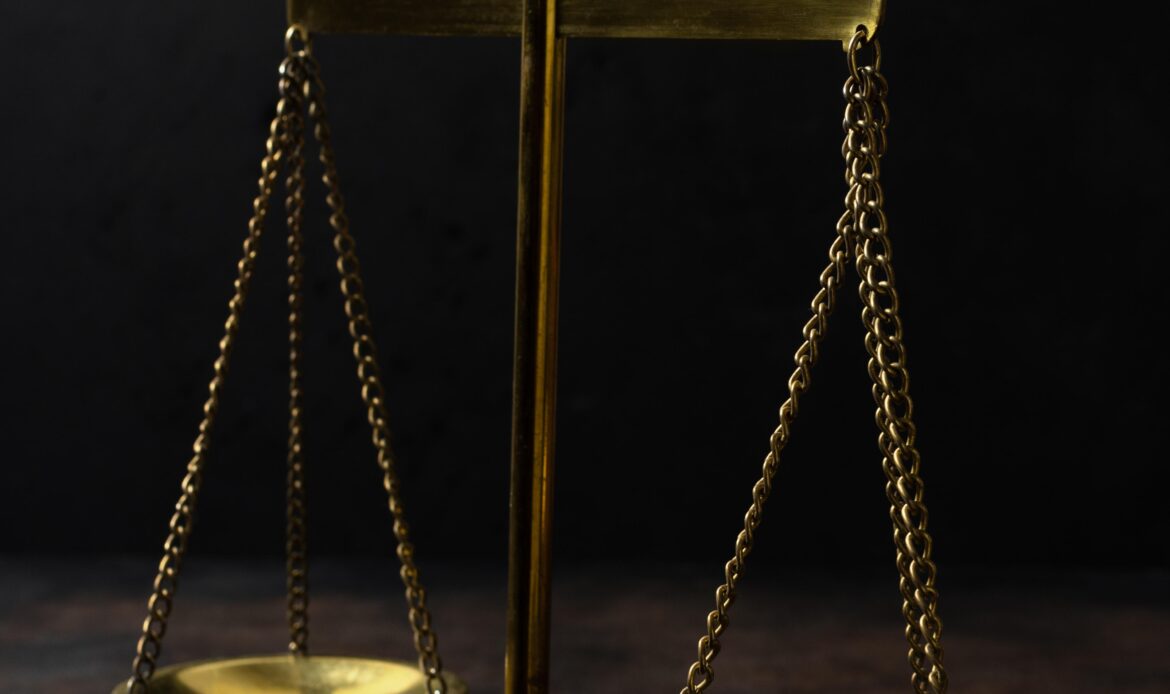- What is Cease and Desist?
Cease & desist is a formally written document that warns to stop an individual from doing illegal activities immediately. It is a legal order issued by a court or government agency or notice from an attorney sent to an individual or entity to stop engaging in a specific activity or behavior that is considered to be illegal, infringing, or harmful. This can be issued in various circumstances, such as in cases of copyright infringement, harassment, or defamation. The cease and desist order demands that the offending party immediately cease the activity and refrain from any further action, and failure to comply can result in legal consequences such as fines or litigation.
- What is the difference between cease & desist order and cease & desist letter?
A cease and desist letter can be sent by any individual or any company whereas cease and desist order is issued by a court or government agency. A cease and desist letter is not legally binding whereas cease and desist order has a legal power.
A cease and desist letter ask the offending party to stop an illegal activity whereas cease and desist order requires the offending party to stop the illegal activity. A cease and desist letter can be inexpensive where cease and desist order results in expensive litigation.

- How many types of Cease and Desist order are there?
A cease and desist order is a legal order or directive issued by a government agency or court to stop or prohibit someone from engaging in certain activities or behaviours. It is typically issued to prevent an individual or entity from infringing on someone else’s rights or engaging in unlawful or harmful activities. A cease and desist order may be issued for a variety of reasons, including intellectual property infringement, harassment, discrimination, or violation of consumer protection laws. Violating a cease and desist order can result in legal consequences such as fines, injunctions, or even criminal charges.
There are two types of cease and desist orders:
- Summary cease and desist: This is an order issued before a hearing or without any type of judicial proceedings.
- Final cease and desist: when the order becomes final it is known as final cease and desist order. The offending party to whom the cease and desist order has been placed against must request a hearing within a certain amount of time once the temporary injunction is in place or the order becomes final.
- What is the need of cease and desist letter?
A cease and desist letter is used as an initial step in resolving a legal dispute. Here are some of the reasons why a cease and desist letter may be necessary:
To protect intellectual property rights: If someone is using copyrighted material, trademarked logos or slogans, or patented inventions without permission, a cease and desist letter can be used to notify them of the infringement and demand that they should stop using the property.
To stop harassment or bullying: If someone is engaging in harassing or bullying behaviour towards another person, a cease and desist letter can be used to notify them of the behaviour and demand that they should stop.
To enforce consumer protection laws: If a company or individual is engaging in unfair or deceptive business practices, a cease and desist letter can be used to demand that they should stop the practices and make compensation for any harm caused to consumers.
To stop persons engaging in defamatory conduct: when there is a false and defamatory statements made against a person. Then a person may bring a cease and desist letter against the offending party so that the offending party can desist from continuing to make these statements. There are two types of defamation that are slander and libel. Libel is a form of written defamation, whereas slander is spoken defamation.
Debt collection: : If someone is receiving harassing calls from debt collectors, then one can send a cease and desist letter to stop the harassment. Also, as stated by the Fair Debt Collections Practices Act (FDCAPA), third-party debt collectors cannot harass, oppress, or abuse anyone to collect a debt that is payable.
- What are the advantages of cease and desist letter?
Cease and desist letters can have several advantages over other methods of resolving disputes Here are some of the main advantages:
Cost-effective: Cease and desist letters are usually less expensive than going to court or taking other legal action. They can be written and sent by an individual or business and can often be resolved through negotiation or mediation.
Quick response: A cease and desist letter can be an effective way to get a fast response from the receiver. The letter can provide a clear and concise statement of the problem, and a demand that the receiver should stop the behaviour or activity that is causing the problem.
May avoid court: A well-drafted cease and desist letter can every so often resolve the issue without the need of court intervention. If the receiver agrees to comply with the demands of the letter, the dispute can be resolved quickly and without any expensive and time-consuming litigation.
Protection of legal rights: A cease and desist letter can help to protect legal rights, such as intellectual property rights or the right to a harassment-free workplace. By notifying the offending party of the issue and demanding that they stop the behaviour or activity, the letter can help to prevent further harm and protect the legal rights of the sender.
Can be used as evidence: If the offending party does not respond to the cease and desist order then, a cease and desist letter can be used as evidence that the sender took reasonable steps to address the issue before taking the legal action. This can help to establish the credibility of the sender and strengthen their case.
Jibran Farooqui is a seasoned professional with a passion for driving business growth and expansion. As a Business Expansion Expert at Juris Consultants, he brings a wealth of experience and a strategic mindset to help businesses navigate the complexities of growth in an ever-evolving market. With a background in business development and a deep understanding of the legal and regulatory landscape, Jibran is well-equipped to guide clients through the intricacies of expanding their operations. He specializes in developing market entry strategies, forging international partnerships, and optimizing business processes to maximize profitability.





